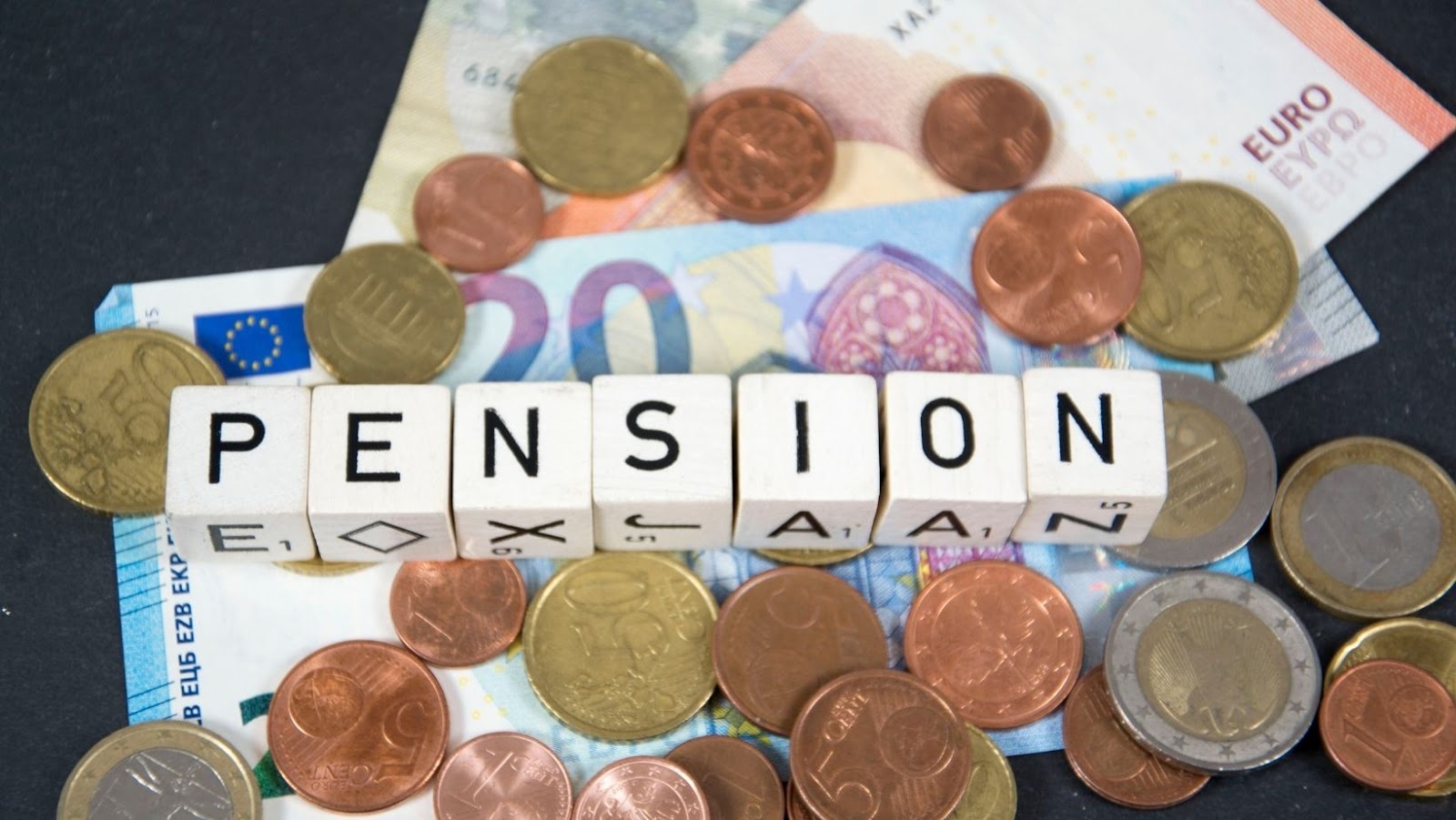How To Stop Spending Unnecessarily When You’re A Pensioner

Hi, I am Betty Knight, Owner of this site! I…
If you need to reduce your spending, then you’ll have to consider borrowing, to exchange, downsizing, or to cancel the following:
Lower your necessary bills by ensuring you get great deals on your insurance, gas, electricity, etc. It may be overwhelming to try to address all of these at the same time, so you should deal with each one when they need to be renewed and find out if you can lower the costs.
Find the interest rates on your debts and see if you could lower these payments by asking for cheaper rates or even going to a new provider.
Look at where you’re spending money and see if you can find less costly alternatives. For example, instead of buying the newest and most expensive phone, see if you can keep using the phone you already have or even change to a SIM-only plan. It is even possible to shop at a cheaper supermarket and buy unbranded food instead of branded food.
See if you can change your television subscription or use Freeview. If you’re spending a lot of money on buying takeaway food or even eating out, see how you can reduce your food costs by making home-cooked lunches and dinners.
Instead of buying, try out borrowing instead. If you require a new laptop, instead of buying a brand new laptop, see if you can borrow an older one. Suppose you have family and friends who can help you while you improve your finances, see how they can assist.
If you have direct debits on things you don’t use anymore, cancel them. For example, if you don’t go to the gym, you should cancel that payment. Another example is if you are subscribed to monthly magazines that you hardly or never read, then cancel them.
Guidelines for staying within your budget
It can be easy to make a budget. However, the challenging part is sticking to it. We will now look at a couple of tips that will help you to adhere to your budget.
Create a buffer. This means having extra money for essential things so that you don’t feel like you’ve broken your budget when your spending overshoots the target.
Make sure your targets are realistic. A good example is thinking that you can immediately reduce your food bill by half. It may be best to gradually reduce your account by switching from more expensive foods to cheaper foods. For example, instead of eating avocado on your toast, try eating beans with it instead.
Pay attention to your financial goals. Consider exactly what you’re trying to achieve. So, if you’re trying to get rid of debt to retire early, you need to have clear financial saving goals to achieve what you desire.
Deal with your highest costs first. You should be able to make the most significant savings by attending to these things first. This means reducing costs in transport, house, and food.

Have a planner. When you write down all the money that you spend, this will clearly show where your money is being spent.
Look into automation. Ensure that your direct debits are paid out a few days after you get paid. This will ensure that your essential needs are always covered, and you’ll be able to easily see how much money you have remaining until your next payday. Mobilitygiant.co.uk can help you with payment plans.
Savings should be handled like bills. You should have a standing order placed to a savings account. So, when you pay off your essential bills, you should also automatically send money to your savings account. This is a much better plan than seeing what is left over at the end of every month.
Have different accounts. You should open separate accounts for other things, such as one account for your savings and another for emergencies and holidays. Alternatively, on one account, you can have many different “pots” for different things. When you have money in different versions, this can help you to avoid spending money on other unessential things.
Have savings for emergencies. You won’t know when you have an emergency, such as a broken fridge or emergency car repairs. So, it would help if you always had money aside for these emergencies. According to experts, you should have about 3 – 6 months of living expenses in this account or at least £1,000.

Get help. If you’re having problems dealing with your most important bills and payments, you should seek assistance from a free debt charity. If you need guidance, check out Citizens Advice, National Debtline, or StepChange.
What's Your Reaction?
Hi, I am Betty Knight, Owner of this site! I am a 'nearing 30-year-old', happily married to 1 awesome man. We live in the beautiful tourist town of Franklin NY.


